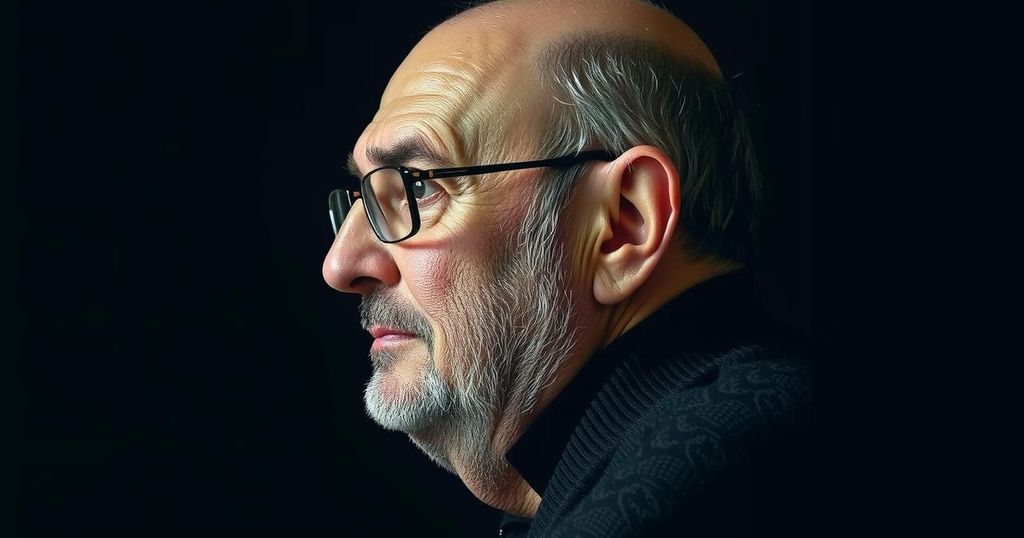Călin Georgescu’s Surprising Presidential Election Victory in Romania

Călin Georgescu, an independent candidate affiliated with the far-right AUR party, has advanced to the final round of Romania’s presidential election after a surprising first-round victory. His potential win could grant him considerable power, including the right to appoint the prime minister amidst dissatisfaction with the current government’s administration and accusations of corruption.
A significant political shift has emerged in Romania as Călin Georgescu, an independent candidate associated with the radical nationalist party AUR, has unexpectedly succeeded in the first round of the presidential election, as reported by the Financial Times. This outcome disrupts the traditional political landscape, as Georgescu is set to compete in the final round against another contender in two weeks. His potential victory would empower him with critical authority, including appointing the prime minister and directing national security and foreign policy.
This electoral surprise comes amid a climate of public discontent towards the current government, led by Prime Minister Marcel Ciolacu, which faces allegations of corruption. Researchers are now analyzing this turn of events, highlighting the significant ramifications it could have on Romania’s political structure and its relationship with international partners. With dissatisfaction brewing among the populace, the dynamics of governance in Romania are poised for considerable changes, challenging the established order as the final electoral round approaches.
The political landscape in Romania has witnessed a tumultuous shift following Călin Georgescu’s surprising performance in the ongoing presidential election. Having previously been affiliated with the radical nationalist party AUR, Georgescu’s campaign as an independent has resonated amid growing public dissatisfaction with the current government’s performance, particularly concerning corruption allegations. The implications of his candidacy could extend beyond national influence, as his potential ascension could affect Romania’s foreign relations and domestic policies significantly.
In conclusion, Călin Georgescu’s advancement in the Romanian presidential election underscores a notable transformation within the nation’s political realm. His candidacy reflects a broader trend of radical right sentiments gaining traction among disillusioned voters. As the electoral process unfolds, the future of Romania’s leadership is set to hinge on whether Georgescu can translate this momentum into a definitive victory in the final round, which would dramatically alter the political landscape.
Original Source: www.romaniajournal.ro








